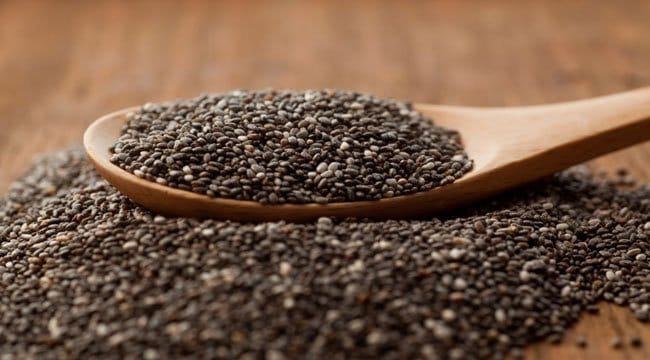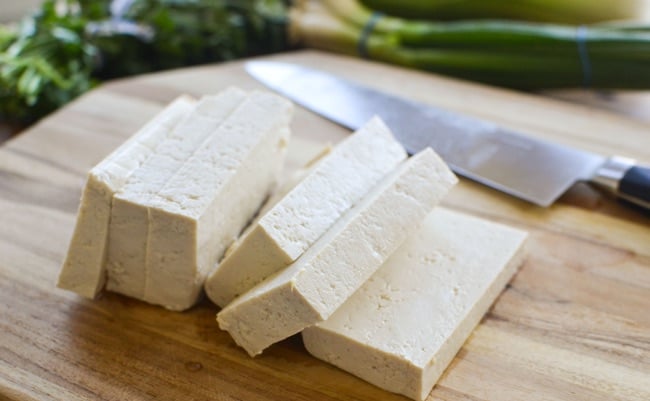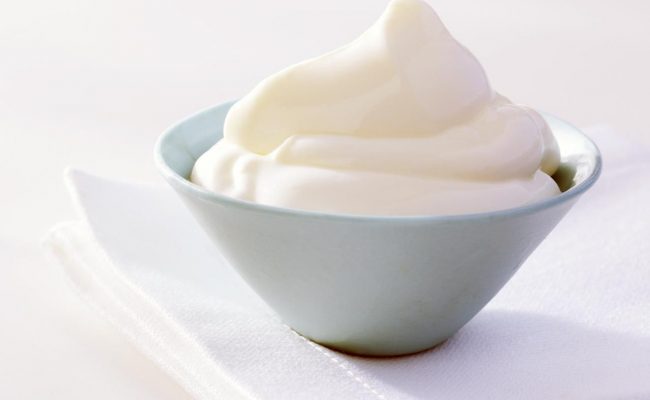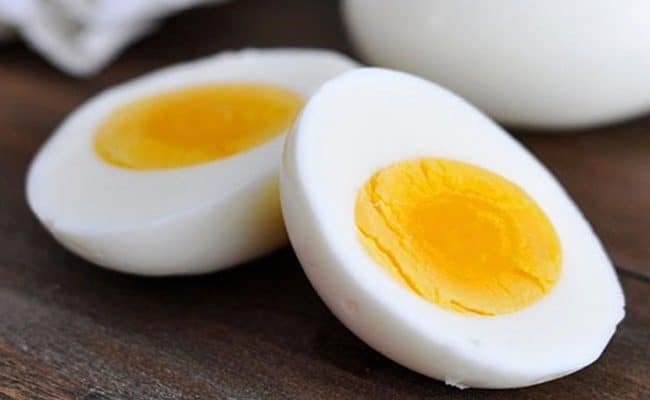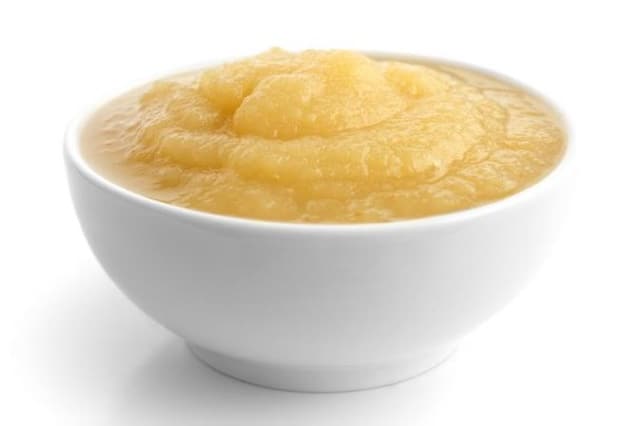
Eggs have long been shed in a negative light as being high in cholesterol and fat that may increase risk for heart disease. However, two large studies conducted recently have concluded moderate egg consumption is not associated with an increased risk for heart disease (1).
Eggs can be part of a healthy diet, as they are a good source of high quality protein, vitamin D, B vitamins and vitamin A.
Despite the potential health benefits of eggs, people following a vegan diet, have an egg allergy or following a low fat/cholesterol diet may need to restrict egg consumption.
A vegan diet contains no animal products which includes dairy, eggs and meats. Egg allergies are one of the most common food allergies in children, so eliminating eggs from baked goods is necessary for baking for those with egg allergies.
Other health conditions may also warrant for the elimination or restriction for egg consumption.
Eggs are used in baked goods to act as a binder, leavening agent and provide moistness to food (2).
It is possible to cut out eggs from baked good recipes, as there are many things that can act as a replacement.
Trial and error may be needed to determine which egg replacement will work best for your recipe.
Chia or flax seeds
When eggs are used in baked goods for leavening or binding purposes, substituting a gel of chia or flaxseeds mixed with water can work for an egg substitute (3).
For each large egg in the recipe, combine 1 tablespoon of chia or flaxseeds with 3 tablespoons of water and let stand for about 20 minutes before adding to the recipe.
A benefit for using chia or flax seeds in place of eggs in a recipe can increase the fiber, protein and nutrient content.
If rising is important for a baked good recipe, you can add ½ teaspoon of baking soda with the chia or flax seed gel.
Nut butter
The Academy of Nutrition and Dietetics suggests 3 tablespoons of nut butter can be used as an egg substitute for baking.
The oils in nut butter can help act as a binding agent similar to eggs.
Using nut butters can provide heart healthy monounsaturated fats, magnesium and an extra protein source to baked good recipes.
Mashed banana or applesauce
In some baked good recipes, eggs are needed to provide moisture to the recipe.
Using a fruit puree like applesauce or mashed bananas can also provide moisture for a recipe.
Physicians Committee for Responsible Medicine (PCRM) (4) also suggests a half of a banana (about ¼ cup) can be used in place of an egg in baked good recipes.
For best results, use bananas that are riper for best texture results. Adding a half teaspoon of baking soda may also be needed for improved texture.
Using mashed bananas or applesauce in baked good recipes can bump up the fiber, potassium and vitamin C content.
When using mashed bananas or applesauce in place of eggs, you may be able to cut back on the added sweetener in the recipe because using these fruits will add extra natural sweetness.
Use unsweetened applesauce to cut back on adding even more sugar to baked goods.
Pureed avocado
Adding avocado to baked good recipes will bump up the fiber, potassium, heart healthy fats, vitamin B6, magnesium and vitamin C content to recipes.
Using avocado puree in place of eggs will provide moisture and richness to a baking recipe. It is suggested to use ¼ cup of pureed avocado in place of 1 egg.
Silken tofu
A benefit for using silken tofu as an egg replacement is it will provide creaminess and moisture to a recipe while also bumping up the protein content as well.
Tofu is known to have a neutral flavor, so if you are looking for an egg replacement that will not alter the taste for a recipe, using silken tofu may work best.
Use ¼ cup of silken tofu to replace one large egg in a recipe.
Using silken tofu can make baked goods more dense, so using it for things like brownies or quick breads may work best (5).
Yogurt or buttermilk
If you don’t need your recipe to be dairy free, using yogurt or buttermilk as an egg replacement can work.
Using yogurt or buttermilk can provide a source of protein, calcium and vitamin D to baked goods.
Use a ¼ cup for replacing an egg in baking recipes.
Just add extra water
You may be able to just replace eggs with some water in some recipes according to the PCRM (6).
Some baking recipes that use 1-2 eggs may be simply replaced with adding an additional few tablespoons of water to the recipe.
Commercially produced eggless egg replacers
Some grocery stores may offer commercially produced eggless egg replacers. These are usually in powder form and have directions for use.
These egg replacers may work well, but you should check the ingredient label before using to make sure it fits your dietary needs.
These replacers should be used according to directions indicated on packaging.
Conclusion: egg substitutes for baking
Whatever your reason for wanting to bake without eggs, there are many ways to substitute them in recipes.
Some additional leavening agent or fluids may need to be added depending on what the eggs are used for in the recipe.
Using pureed avocado, applesauce or mashed bananas can replace eggs and provide moistness to a recipe.
Using a mix of water with chia or flax seeds can boost the vitamin, mineral, fiber and protein content in a recipe.
Using tofu, nut butter or yogurt can be used as egg replacements that also provide sources of protein along with vitamins and minerals.
If you are in pinch and want to replace eggs in a recipe that calls for just one or two eggs, you may even be able to skip the eggs and just add some extra water.
